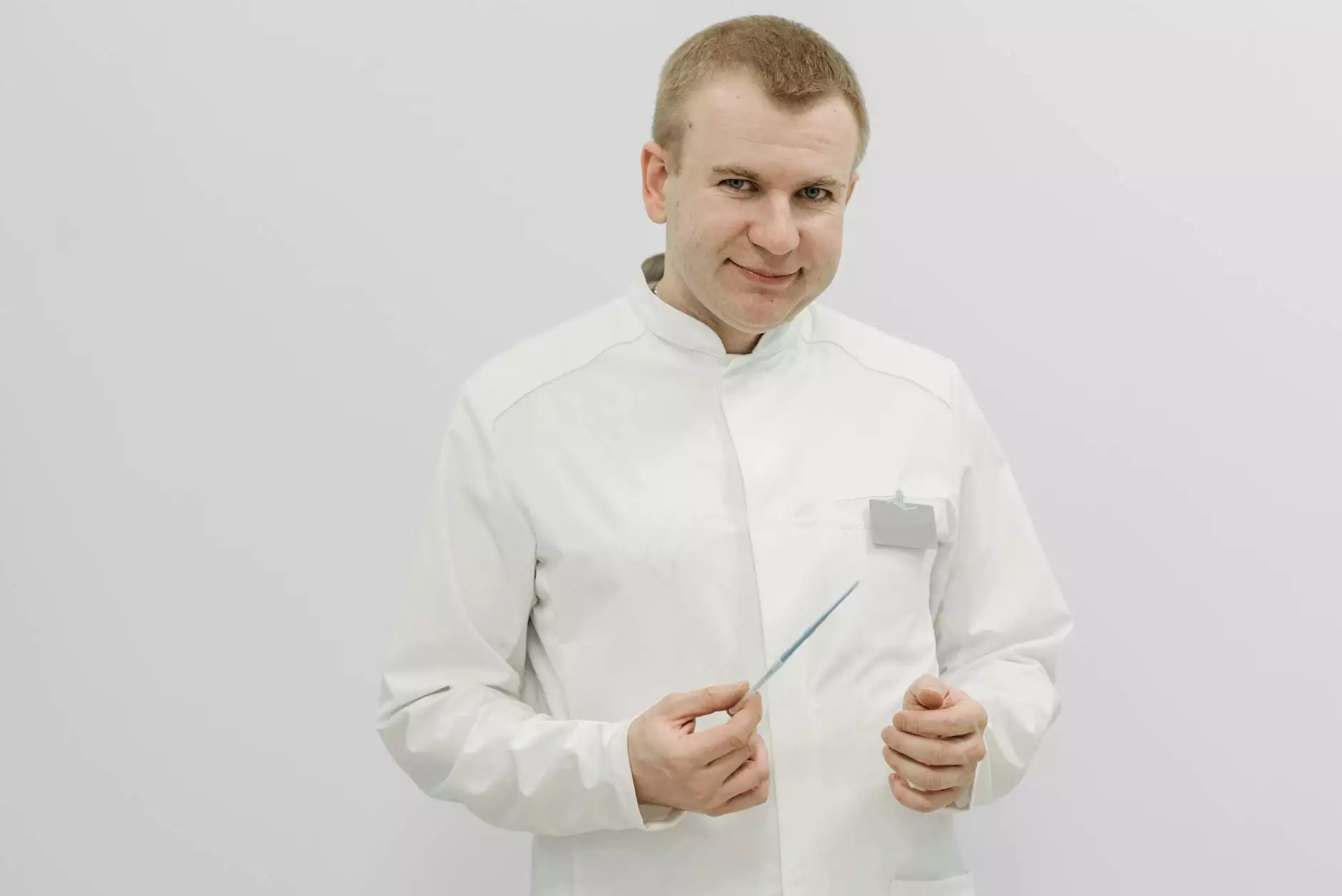Understanding Stomach Cancer Treatments

Stomach cancer, also known as gastric cancer, is a serious health condition that affects millions of people worldwide. It often goes undetected in the early stages due to vague symptoms and can pose significant challenges for treatment. However, advancements in medical science mean that there are various stomach cancer treatments available today that can improve outcomes for patients. This article provides a detailed overview of these treatments, helping patients and their families make informed decisions.
1. Overview of Stomach Cancer
Stomach cancer arises from the lining of the stomach and can develop due to various factors, including genetic predisposition, dietary habits, and chronic inflammation. Understanding this disease is crucial for determining the appropriate stomach cancer treatments.
1.1 Types of Stomach Cancer
The most common type of stomach cancer is adenocarcinoma, accounting for about 90-95% of cases. Other types include:
- Gastrointestinal stromal tumors (GIST)
- Lymphoma
- Carcinoid tumors
2. Determining the Best Treatment Options
Choosing the right stomach cancer treatment depends on various factors, including the type and stage of cancer, overall health of the patient, and personal preferences. A multidisciplinary team, including oncologists, surgeons, radiologists, and nutritionists, usually collaborates to form a comprehensive treatment plan.
2.1 Staging of Stomach Cancer
The staging of stomach cancer plays a pivotal role in treatment planning. Stages range from stage 0 (early cancer) to stage IV (advanced cancer). The AJCC system is commonly used to define stages based on tumor size, lymph node involvement, and metastasis.
3. Surgical Treatments for Stomach Cancer
Surgery is often the primary treatment for stomach cancer, especially in early stages. The main surgical options include:
- Partial Gastrectomy: This involves removing a portion of the stomach and is suitable for localized tumors.
- Total Gastrectomy: In this procedure, the entire stomach is removed, requiring modifications in digestion and nutrition post-surgery.
- Endoscopic Mucosal Resection: For very early-stage cancers, endoscopy can be used to remove the cancerous tissue without a significant incision.
Each surgery has its own risks and benefits, which should be thoroughly discussed with a healthcare provider.
4. Chemotherapy for Stomach Cancer
Chemotherapy involves using drugs to kill cancer cells or stop their growth. It can be administered before surgery (neoadjuvant therapy), after surgery (adjuvant therapy), or independently in advanced cases. Commonly used drugs for gastric cancer include:
- Cisplatin
- Fluorouracil (5-FU)
- Docetaxel
- Capecitabine
This therapy can cause side effects such as nausea, fatigue, and increased risk of infection, which should be managed with supportive care.
5. Radiation Therapy
Radiation therapy uses high-energy rays to target and kill cancer cells. It may be used in combination with chemotherapy and surgery. Options include:
- External Beam Radiation Therapy: A machine directs radiation toward the stomach area.
- Brachytherapy: This involves placing radioactive material inside or near the tumor site.
Radiation can be effective for localized stomach cancers but may not be suitable for all patients.
6. Targeted Therapy and Immunotherapy
Recent advancements have led to the development of targeted therapies that focus on specific characteristics of cancer cells. Some notable options include:
- HER2-targeted therapy: Used for tumors that overexpress the HER2 protein, trastuzumab is a leading example.
- MET and VEGF inhibitors: Target pathways that cancer cells use to grow.
- Immunotherapy: Treatments that help the immune system identify and attack cancer cells, such as checkpoint inhibitors.
7. Emerging Treatments and Clinical Trials
Research is ongoing to discover new therapies for stomach cancer that improve survival rates and reduce side effects. Potential emerging treatments being studied include:
- Combination therapies: Research is focusing on the synergy between different treatment modalities.
- Gene therapy: Techniques that modify genes to combat cancer.
- New drug formulations: Investigating more effective forms of existing drugs.
Patients are encouraged to discuss participation in clinical trials with their oncologist.
8. Palliative Care in Advanced Stomach Cancer
For those with advanced or metastatic stomach cancer, palliative care becomes essential. This approach focuses on enhancing the quality of life, managing symptoms, and providing psychological support. Palliative measures can include:
- Pain management: Medications and therapies to alleviate discomfort.
- Nutritional support: Tailored diets and supplements to maintain strength.
- Psychological support: Counseling and support groups for mental well-being.
9. Lifestyle Changes and Supportive Care
Alongside medical treatments, adopting healthy lifestyle changes can bolster treatment effectiveness. Key recommendations include:
- Nutrition: A balanced diet rich in fruits, vegetables, and whole grains can improve overall health.
- Physical activity: Engaging in regular exercise can enhance recovery and well-being.
- Emotional support: Connecting with loved ones and support networks is vital for coping with the disease.
10. Conclusion
The journey through stomach cancer treatments can be daunting, yet understanding the available options empowers patients and their families. From surgical interventions to the latest in chemotherapy, radiation, and targeted therapies, there is hope for effective treatment. Staying informed, engaging with a skilled healthcare team, and seeking support are crucial steps in navigating this challenging illness.
For more detailed information regarding stomach cancer treatments, consult the experts at oncologicalsurgery.net. Our team is dedicated to providing personalized care and the latest treatment options tailored to each individual's needs.









